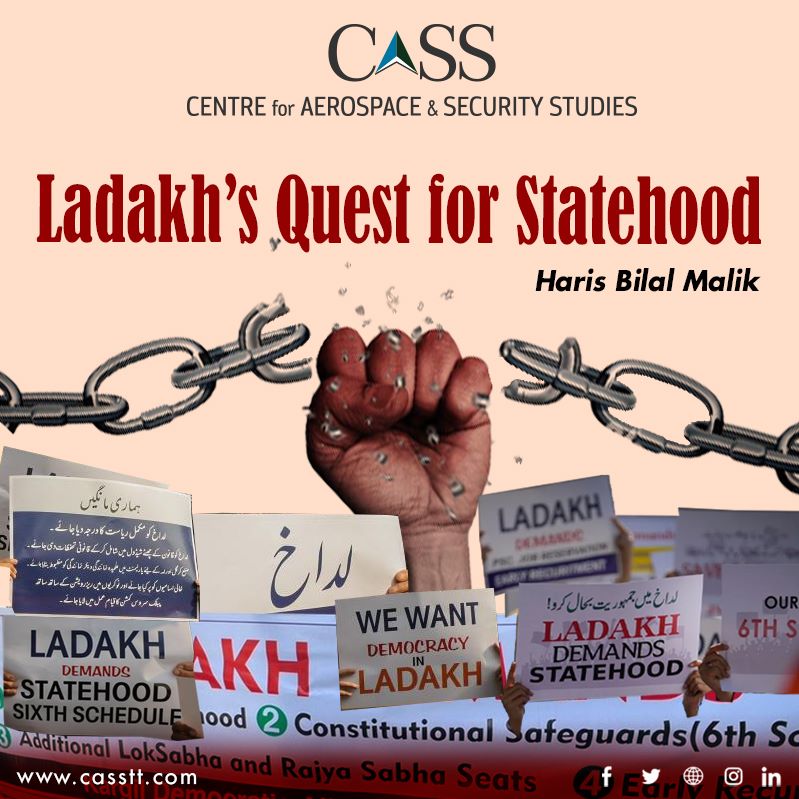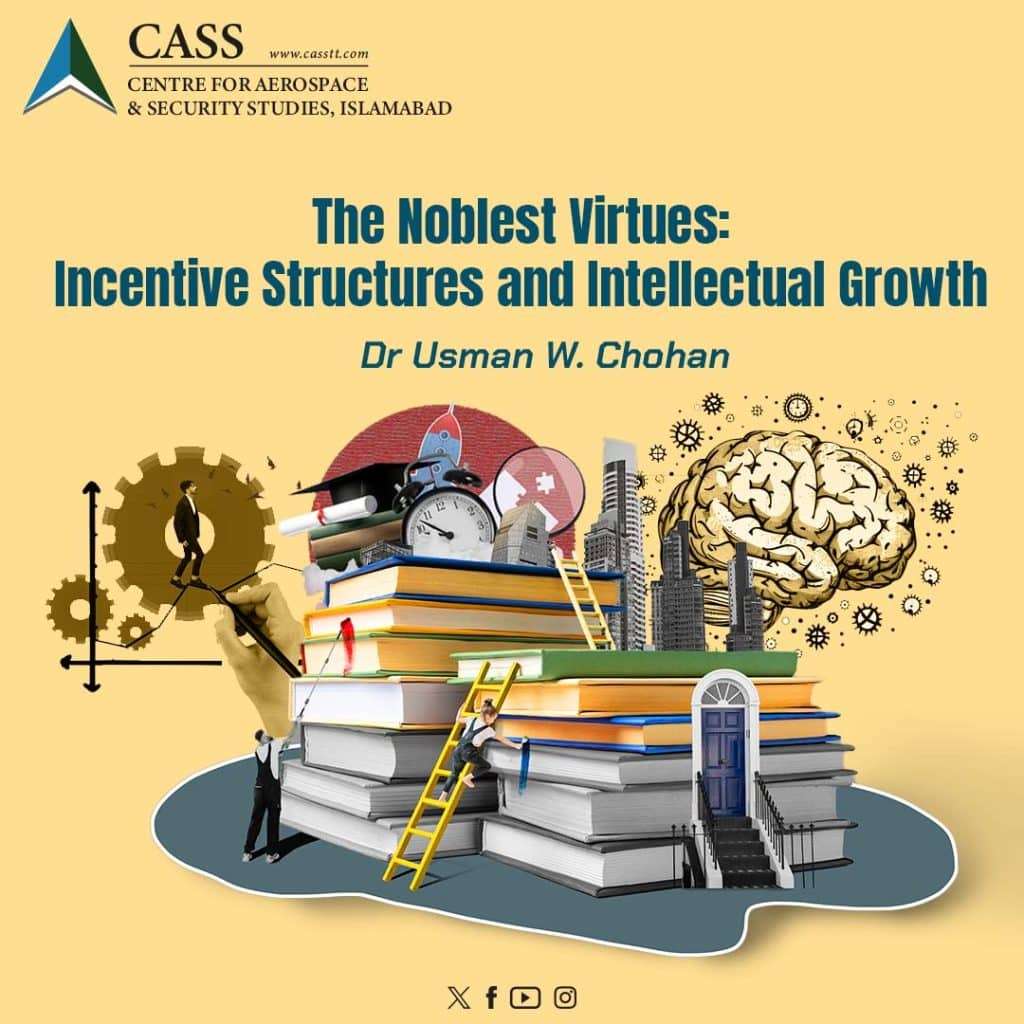The recent protests in Ladakh demanding statehood and constitutional guarantees under the Sixth Schedule have once again brought the region into the spotlight. The Sixth Schedule of the Indian Constitution provides a framework for the administration in certain states to safeguard the rights of the local population. The protests, organised by the People’s Movement for Sixth Schedule and the Kargil Democratic Alliance (KDA), have brought Buddhists and Muslims together in a united effort to demand political rights. The unity displayed by Buddhists and Muslims in the Ladakh region, as seen in their joint protests, is evidence of so-called ‘secular’ India’s inability to protect the rights of its minority communities within the country. The recent protests are also an indication of the resolve and determination of the people of Ladakh to achieve their goals and also highlight their growing frustration and disappointment with the Indian government. In pursuit of becoming a Hindu Rashtra, India has totally forgotten its long-claimed secular identity which has now become nothing more than a hollow advertising slogan.
There has been growing discontent in Leh and Kargil since the abrogation of Articles 370 and 35A in August 2019. However, the Hindutva-led BJP government has neither given any legislative powers to the territories nor has it given them the status of the sixth schedulers as given to other tribal states, e.g., Assam, Meghalaya, etc. As per the laws of the Indian constitution, the region is given a choice to make its own laws of the land through a District Council comprising 26 elected members and 4 members appointed by the governor. District Councils can legislate social customs, local health, forest management, and irrigation. In its 2020 election campaign, the BJP promised to give such powers if it secured victory – the promise still remains unfulfilled. The BJP probably assumed that the people of Ladakh would forget about this. The ongoing protests suggest otherwise.
In the same context, the Indian constitution provides for the protection of the rights of its citizens and it is the government’s responsibility to ensure that these rights are upheld. However, the government is ignoring all the constitutional rights of the people of Ladakh and exploiting the region by systematically disrupting its ecological diversity and tourism industry. The beautiful and scenic valley of Ladakh attracts thousands of tourists from across the globe and contributes significantly to India’s tourism industry. The Indian government has decided to install 13 Giga Watts (GW) capacity solar projects, over 20,000 acres of land. Locals fear that the project may be developed in the grazing lands of Ladakh which would ultimately disrupt the livelihood, ecology, and natural scenery of the region. Considering Ladakh an ecologically sensitive area, it is pertinent to note that the acquisition of land on a wide scale for developmental purposes will create a negative impact on the ecological patterns of the region, and resultantly the local inhabitants would suffer.
The Indian government, instead of empowering the region is rather creating problems for the people by jeopardising their identity and also exploiting their resources. This would likely result in the downfall of the tourism industry. Such exploitation by the BJP government is a reflection of a larger trend in India where people in Union Territories and States are seeking recognition of their rights and autonomy.
The current agitation in Ladakh is a clear indication that India’s illegal move of August 2019 has snatched the autonomy of the region without delivering on the promises that were made. The people of Indian Illegally Occupied Jammu and Kashmir (IIOJK) have also rejected the Indian narrative of normalcy, prosperity, and improved law and order being propagated by the media.
The right to self-determination and the protection of cultural and political identity are fundamental human rights. However, in the current Indian polity, the guarantee of such rights of suppressed regions appears to have vanished. The ongoing protests in Ladakh should alert the international community as the basic rights of the people are being taken away in the form of abrogation of their special constitutional status. Furthermore, the denial of implementation of Sixth Schedule guarantees under the Indian constitution is happening in a country that the West, especially the United States, sees as a ‘strategic partner.’ The quest for statehood in Ladakh is an outcome of the systematic and systemic suppression by the Indian state to turn it into a Hindu Rashtra.
Haris Bilal Malik is a Research Assistant at the Centre for Aerospace & Security Studies (CASS), Islamabad, Pakistan. The article was first published in Eurasia Review. He can be reached at cass.thinkers@casstt.com.





